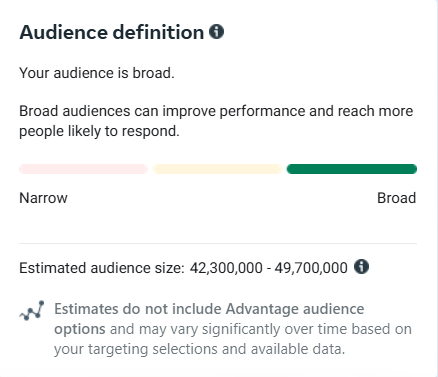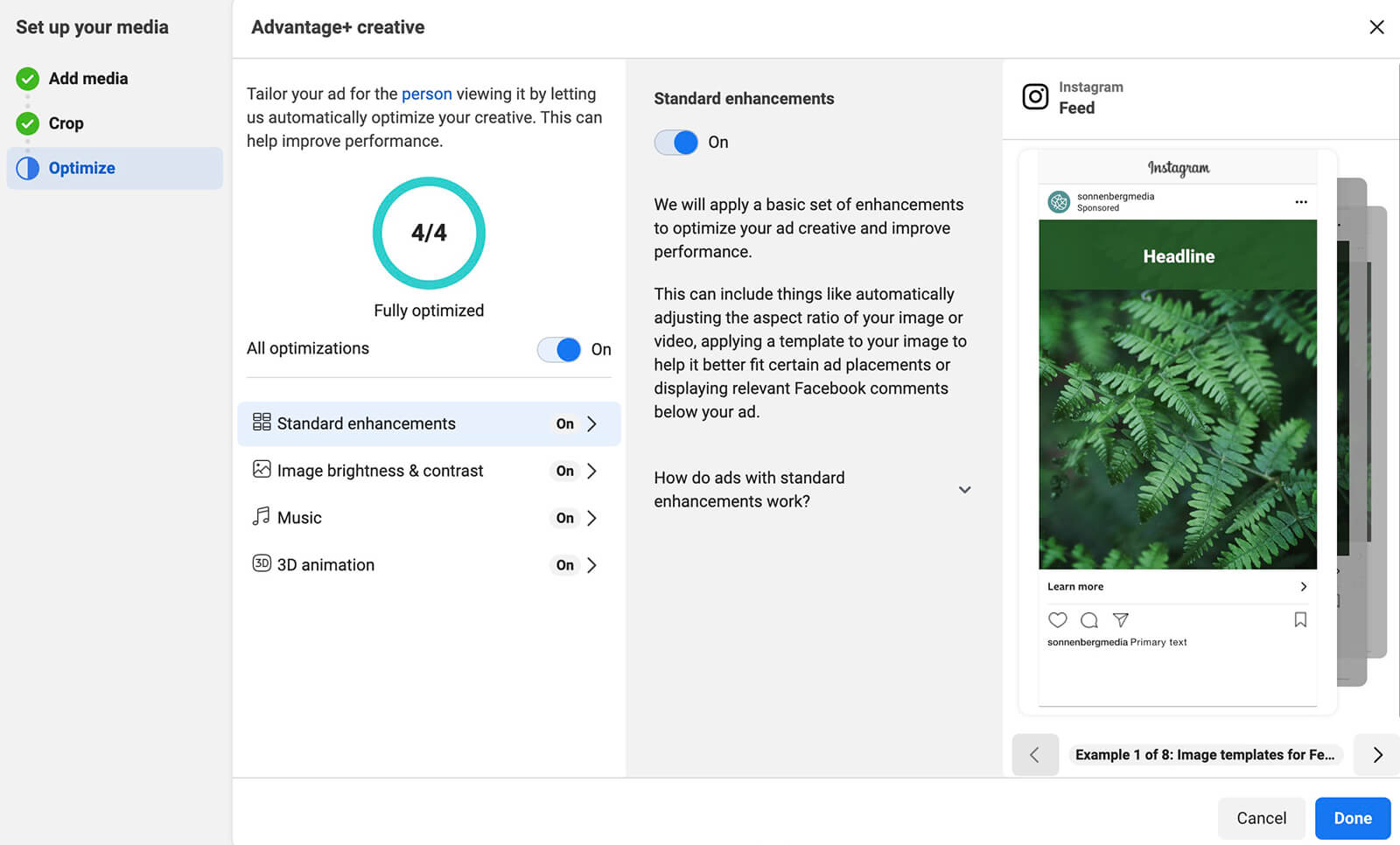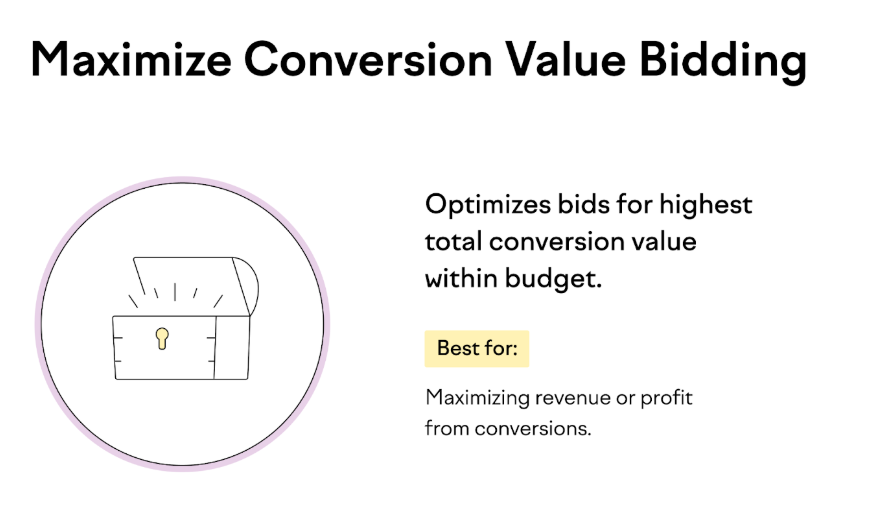Conversions are simply the activities you want people to take after viewing your ad, such as clicking on a link, subscribing to your email list, or completing a purchase.
We all encounter ads that don't achieve the expected conversion rates. Various factors may contribute to lower engagement and fewer clicks on these ads.
When an ad fails to convert, it significantly affects a business's sales and profitability. It’s essential to understand the problems behind ads not converting. In this blog, we will explore exact problems for low ad conversion across different ad platforms and most importantly how to fix them.
Facebook Ads not Converting? Try these 4 Fixes
On average, Facebook ads achieve a conversion rate of 8.78% across all industries. Many factors can influence ad conversion, so you must analyze the displayed ad metrics to identify where the problems lie. Here are a 4 major fixes for advertisers struggle to convert ads:
Fix #1: Show Ads to the Right People
We often make the mistake of broad or narrow audience targeting while creating Meta ads. Choosing a target audience that doesn’t align with the campaign’s goal can cause low conversions. Lack of precision and accuracy can hamper the rate of conversion and sale extensively.
- Studying the data and reports can suggest the best way to target your audience.
- Understanding your audience's preferences, buying behavior, and interaction rate can improve ad targeting.
- Facebook lets you create a custom audience and a lookalike audience.
- You can also choose to create a custom audience to target individuals who have previously interacted with your business..

Fix #2: Refresh Your Ad Designs Regularly
Ads that do not speak for themselves receive fewer clicks and conversions. Meta ads that are too promotional with tacky or generic headlines go ignored by users.
- An ad creative must be designed with some value proposition, or attention-grabbing elements.
- You can opt for the Advantage + Creative feature to improve ad performance.

Fix #3: Don’t Let Ad Fatigue Hurt You
Ads run at full capacity but can become stagnant over time. They initially produce good results but begin to underperform after a week. Ad fatigue is concerning for marketers due to its significant impact on ad performance.
- It can adversely affect ad performance due to the repetitive exposure to the same customers.
- The best practice is to rotate both the ad’s target audience and the ad's creative to mitigate this issue.
- Personalization can also help alleviate fatigue, ensuring the ads appear less invasive and more relevant.
Fix #4: Improve Your Landing Page
Users may have a poor landing page experience if the three factors listed above are not contributing to the low conversion rate of Facebook ads. The landing page may be misaligned with the goal of the advertisement, appear user-unfriendly, or take too long to convert.
- Test multiple landing pages to determine which one performs better.
- The landing page experience should be seamless
- The loading time should be under 2-3 seconds.
- Allow guest checkout to enable purchases without registration.
- Regular optimization can significantly boost conversions.
Google Ads are not Converting? Fix It with These 4 Tips
We run a Google Ads campaign and sit back to analyze the performance after a week. We see a good number of impressions but lower clicks and conversions. It means the users are viewing the ad, but the CTR and conversion rate aren’t as great as they should be. You can fix this issue by analyzing the reason behind the low conversion and working on ways to fix it.
Tip #1: Use Keywords with Clear Buyer Intent
We select keywords with high search volume to get more traction. We may get impressions on the ad but no or minimum sales. Using broader keywords without applying search intent can be a big mistake.
- It is crucial to consider users' search intent when selecting keywords for search ads.
- Use long-tail keywords that align with your desired intent to increase ad conversions.
- Ensure the keywords contain transactional terms like buy, book, hire, register, etc., if you're selling products or services online.
Tip #2: Don’t Just Rely on Static Ads
Solely Relying on Static Ads Using static display ads may not attract people's attention these days. They offer a low-value proposition, fail to pique users' curiosity, and are often ignored in a crowded space.
- Static ads were once popular. Google display advertising has rapidly transitioned to creating engaging ad experiences that offer more in terms of features, benefits, tours, 360 videos, and more.
- Interactive ads deliver an immersive experience that can boost conversions by three times compared to static or video ads.
Checkout these 8 Brilliant Interactive Ad Examples
Tip #3: Pick the Right Bidding Strategy
Choosing a bidding strategy that doesn’t align with the campaign’s objective due to budget issues can lead to lower conversion.
- Using the Maximize Conversion Value bidding approach can help increase conversions.
- These strategies aim to maximize the overall conversion and its value, respectively.
- This can increase the number of high-value conversions within the allotted budget.

Tip #4: Keep Testing and Improving Your Ads
When you fail to optimize the ad at regular intervals, it can lead to lower conversions and increased spending. The quality and effectiveness of advertisements may decline if A/B testing is overlooked and the same ads are repeatedly run.
- Google Ads offers intelligent recommendations based on previous ad performance to enhance an ad’s quality score.
- By testing different ad alternatives, you can run only effective ads and pause those that are not performing.
Instagram Ads are Not Converting? Make these 4 Fixes
Instagram focuses on visual storytelling ads, making it one of the most effective platforms for e-commerce brands. However, it can feel like a waste of money if your advertisements don't convert. If you find cracking conversions challenging on Instagram, you're not alone. Let's explore the most common reasons for low conversion rates on your Instagram ads and suggest specific solutions.
Fix #1: Create Eye-Catching Visuals and Text
When your ad fails to stand out while users scroll, you’ll miss out on conversions. Lengthy ads with dull visuals and unclear calls to action are easily overlooked.
- Creating ad copy that aligns with Instagram's algorithm is crucial for driving conversions.
- Utilizing eye-catching images, videos, stories, and reels with engaging narratives increases the likelihood of clicks and conversions.
Fix #2: Retarget People Who Already Showed Interest
Many marketers do not fully leverage the benefits of retargeting. Failing to segment users based on their interactions with your product or service can lead to decreased sales.
- Most users won’t convert on their first visit; retargeting encourages them to take action with appealing offers.
- Prioritize targeting users who have added products to their cart or wishlisted them to motivate a purchase.
Fix #3: Add Strong Call-to-Action Buttons
Ads with call-to-action buttons that don't compel any action could be a huge oversight for advertisers. Running posts or stories ads that do not prompt any action makes the ad very ordinary.
- A strong call to action (CTA) can boost conversion rates by persuading users to do the intended action.
- The most powerful CTAs for conversion are “Shop Now,” “Learn More,” “Download,” and “Sign Up.”
YouTube Ads Getting Views but No Conversions? Try These 2 Fixes
In some cases, video ads generate engagement, but not enough conversions or sales. YouTube ads, powered by Google, have enormous potential to reach millions of users through advanced targeting tactics. Understand the possible reasons behind ads not converting and the solutions for them.
Fix #1: Show Ads to the Right Audience at the Right Time
When people visit YouTube to watch videos, they find it intrusive to see irrelevant ads; as a result, the ads are skipped within a few seconds.
- Timing is a crucial factor in determining the number of sales.
- The ideal approach is to target users who have already shown interest in your product or service at the right time, when the chances of conversion are high.
Fix #2: Make Your Ads Feel Natural, Not Too Salesy
Creating promotional ads that contain a “hard sell” tone without any value proposition does not generate leads.
- Natural-sounding ads that tell a story are more engaging and do not seem overly commercial.
- It is better to approach viewers with informative advertising content that highlights features and benefits rather than focusing on sales, as they tend to take their time making purchase decisions.
LinkedIn Ads Not Performing? Here Are 2 Fixes to Try
Industry leaders, experts, and B2B recruiters utilize LinkedIn as a professional platform. Its audience is distinct compared to other platforms, necessitating a change in advertising approach. Instead of being transactional, LinkedIn ads should be informative. Let's examine some reasons why certain ads fail to generate conversions.
Fix 1: Match Your Ads to the Buyer’s Journey
Targeting all users with the same ad creatives and neglecting to provide value. Pitching the same ads to users at both the awareness and conversion stages.
Target an audience that has some value or information and is seeing the ad for the first time. Only pitch your offering once they are well-equipped with the information and express their interest.
Fix #2: Follow Up with People Who Click but Don’t Convert
Not following up with customers who interacted with the ad but didn’t convert right away may result in losing potential leads.
Create a separate ad for potential leads and follow up with them to see if they are still interested. If so, pitch them something they can’t ignore.
How can KappaX help the advertiser to boost the conversions by 4x?
KappaX transforms ideas into an interactive content by building an automated advertising strategy. You can get detailed performance reports and real-time feedback on the ads with the advanced analytics feature. Advertisers may quickly address bottlenecks by gaining a thorough understanding of why their ads are not getting converted.
KappaX indicates exactly what has to be optimized next by analyzing CTR, bounce rate, clicks, and number of conversions. KappaX assists advertisers with creating customized ad journeys that lead visitors from awareness to action through dynamic content customization, boosting conversion rates and relevancy.
Book a free demo to know more details.
Final Thoughts
Insufficient conversions from your ads typically indicate a problem with your offer, marketing, or targeting. You may be directing traffic to a landing page that doesn't align with the advertisement, using language and tone that don't address their problems, or reaching the wrong audience.
We discussed several possible causes of poor conversion rates, but numerous optimization strategies can boost ad performance. Building a lasting relationship with potential consumers and nurturing them is the best strategy for improving your profitability and conversion rates. A strong brand image has a better chance of being recalled whenever users view the ad.
